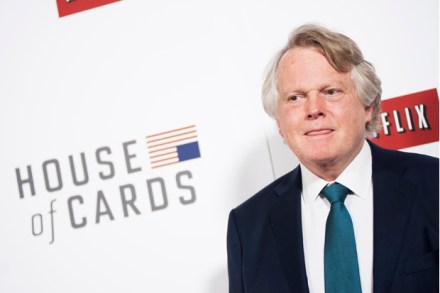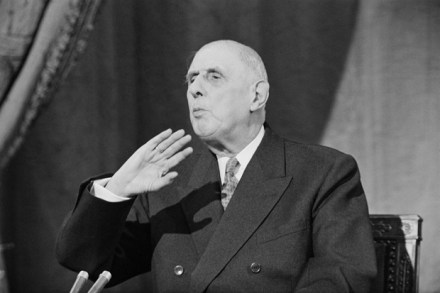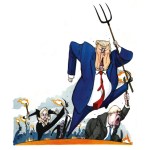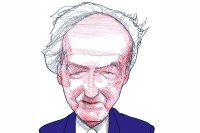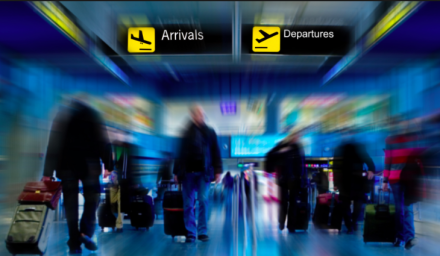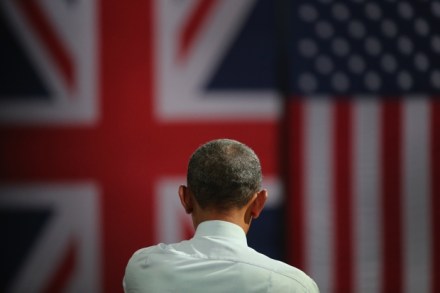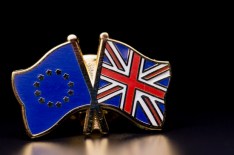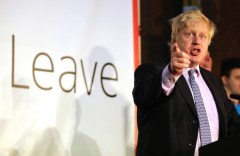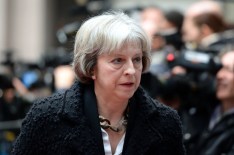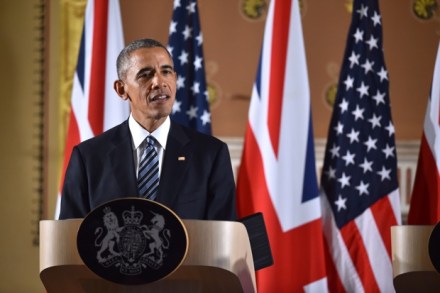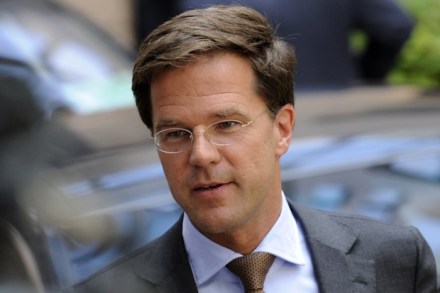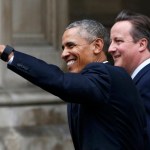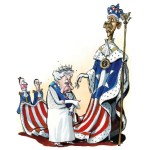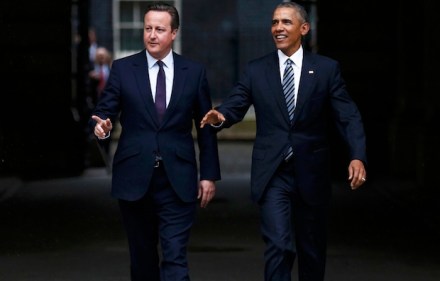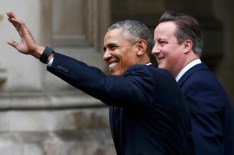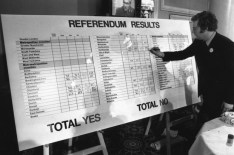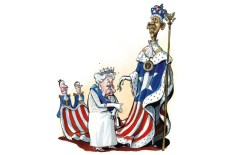Diary – 28 April 2016
I’m a lucky man. My novel House of Cards transformed my life, yet I wrote it almost by accident nearly 30 years ago. It wasn’t intended to be anything other than a hobby but thanks to the limitless skills of Kevin Spacey and Robin Wright, backed by the reach of Netflix, it now spans the globe. We’re into our fourth season, preparing the fifth, but it never ceases to surprise. A little while ago during his official visit to Britain I was invited to meet President Xi of China. In order to mark the occasion I decided to give him an original and now rather rare hardback copy of the
